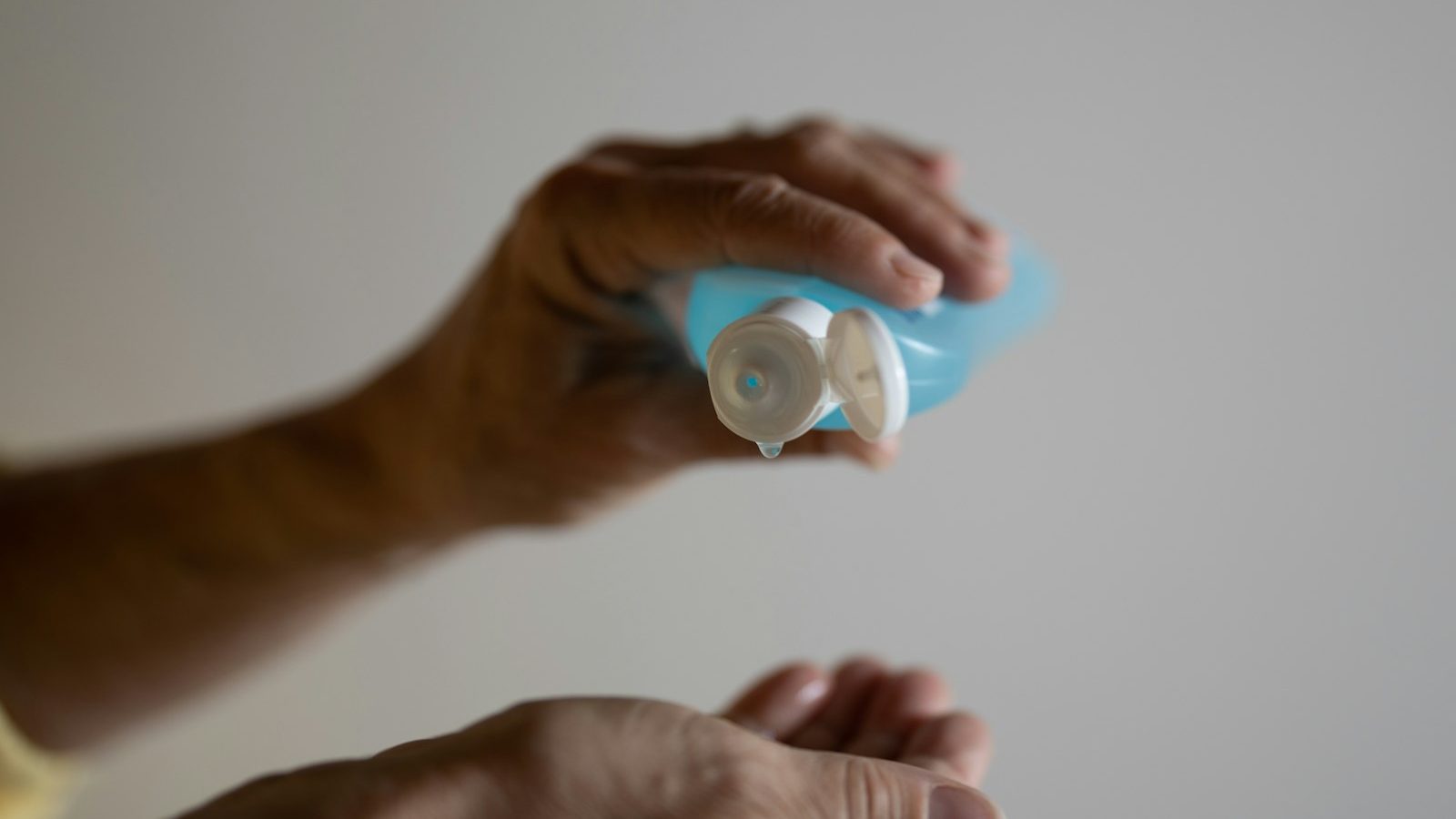Common Health Habits: We all strive to live healthier lives, but sometimes, even well-intentioned habits can do more harm than good. Many daily practices we assume are beneficial may actually be sabotaging our health without us realizing it. As the editor of StarAvis.com and someone who’s spent years exploring health trends, I’ve uncovered some surprising ways that common habits could be working against you. Here are six health habits that are secretly bad for you—and what you should do instead.
1. Drinking Fruit Juice Every Day
The Sugar Bomb Disguised as Healthy
Many people reach for fruit juice as a way to get their daily dose of vitamins, but what they’re often drinking is essentially liquid sugar. While fruit juice contains vitamins and antioxidants, most commercial juices are stripped of fiber and packed with fructose, which can spike blood sugar levels and lead to weight gain or even metabolic issues over time.

Why It’s Bad:
- High in Sugar: Fruit juice often contains as much sugar as soda, leading to weight gain and increased risk of diabetes.
- No Fiber: The juicing process removes most of the fiber found in whole fruits, which is essential for digestion and regulating blood sugar.
What to Do Instead: Opt for whole fruits instead of juice. They contain fiber, which slows sugar absorption and helps you feel fuller longer. If you love juice, try diluting it with water or choosing a fresh, homemade version that retains some of the fiber.
2. Overusing Hand Sanitizer
Killing Germs—And Your Skin’s Health
While hand sanitizers are great for preventing the spread of germs, especially during flu season or travel, overuse can actually be harmful. Many hand sanitizers contain alcohol, which dries out the skin, strips away natural oils, and can even weaken your skin’s protective barrier over time. Over-sanitizing also leads to bacterial resistance, which reduces your body’s natural ability to fight infections.

Why It’s Bad:
- Dries Out Skin: Frequent use of alcohol-based sanitizers can cause dry, cracked skin, making you more susceptible to infections.
- Kills Good Bacteria: Hand sanitizer kills both harmful and beneficial bacteria, disrupting your skin’s natural balance.
What to Do Instead: Use hand sanitizer sparingly and wash your hands with soap and water whenever possible. When using sanitizer, look for alcohol-free options that include moisturizing ingredients like aloe vera.
3. Skipping Meals to Lose Weight
Slowing Your Metabolism and Sabotaging Weight Loss
Many people skip meals in an attempt to cut calories and lose weight. However, this can backfire by slowing your metabolism, increasing cravings, and leading to overeating later in the day. Skipping meals can also negatively affect your energy levels, focus, and mood, making it harder to maintain a healthy, balanced diet in the long run.

Why It’s Bad:
- Slows Metabolism: Skipping meals signals to your body that it needs to conserve energy, slowing down your metabolism.
- Increases Cravings: Going too long without food can lead to intense hunger and cause overeating or bingeing on unhealthy snacks later.
What to Do Instead: Eat small, balanced meals throughout the day to keep your metabolism running smoothly. Focus on nutrient-dense foods like lean proteins, healthy fats, and fiber-rich fruits and vegetables to stay satisfied and energized.
4. Using Low-Fat or Diet Foods
Sacrificing Nutrients for Empty Calories
Low-fat or diet versions of foods often seem like a healthier choice, but they’re usually packed with added sugars, artificial sweeteners, and preservatives to make up for the loss of flavor. These additives can lead to blood sugar spikes, cravings, and even weight gain over time. Plus, some fats, like those found in avocados, nuts, and olive oil, are essential for heart health and nutrient absorption.

Why It’s Bad:
- Added Sugars: Many low-fat or diet foods contain hidden sugars, which can cause weight gain and other health issues.
- Less Satiating: Fat helps you feel fuller for longer, so low-fat alternatives may leave you unsatisfied and prone to overeating.
What to Do Instead: Choose whole, natural foods with healthy fats, such as full-fat yogurt, nuts, seeds, and olive oil. These foods are more satisfying and provide essential nutrients that support overall health.
5. Sitting for Long Periods Without Breaks
The Silent Killer of Your Health
Sitting for extended periods—whether at work, while watching TV, or during a long flight—can be detrimental to your health. Prolonged sitting is linked to an increased risk of heart disease, obesity, diabetes, and even premature death. It also leads to poor posture, back pain, and reduced mobility over time.

Why It’s Bad:
- Increased Health Risks: Sitting for too long increases the risk of cardiovascular disease, weight gain, and metabolic issues.
- Poor Posture: Sitting for hours can strain your neck, shoulders, and lower back, leading to chronic pain and stiffness.
What to Do Instead: Incorporate more movement into your day by standing up every 30 minutes, taking short walks, or doing stretches. If you work at a desk, consider using a standing desk or sitting on an exercise ball to engage your core and improve posture.
6. Sleeping Too Little (or Too Much)
Undermining Your Health Through Poor Sleep Habits
We’ve all heard about the dangers of too little sleep, but oversleeping can also be harmful. Not getting enough sleep can lead to a host of health problems, including a weakened immune system, weight gain, and increased stress levels. However, regularly sleeping for more than 9 hours can also be a sign of underlying health issues, such as depression or chronic fatigue, and may lead to cognitive decline and heart problems.

Why It’s Bad:
- Too Little Sleep: Increases stress hormones, lowers immunity, and impairs cognitive function.
- Too Much Sleep: Can lead to fatigue, cognitive issues, and may increase the risk of heart disease and diabetes.
What to Do Instead: Aim for 7-9 hours of sleep per night and maintain a consistent sleep schedule. Create a bedtime routine that helps you unwind and improve sleep quality, such as limiting screen time, practicing relaxation techniques, and ensuring your bedroom is a comfortable sleep environment.
Common Health Habits
These common health habits may seem harmless—or even beneficial—but they can secretly undermine your well-being over time. By making small changes, such as opting for whole fruits over juice, using hand sanitizer mindfully, and prioritizing regular meals and movement, you can enhance your health and avoid the hidden pitfalls of these habits.
At StarAvis.com, we’re committed to providing practical, evidence-based advice to help you make informed choices about your health. By ditching these unhealthy habits and adopting better alternatives, you can improve your overall well-being and live a healthier, more balanced life.


